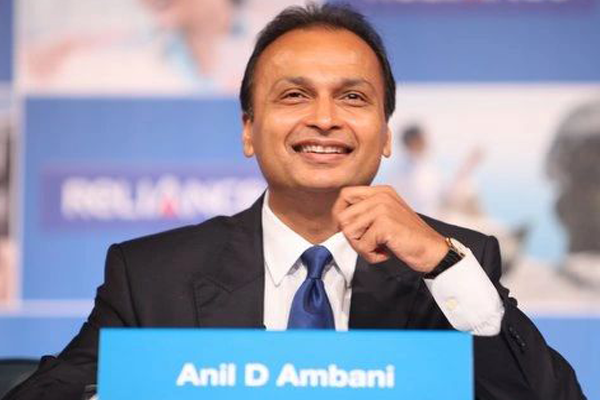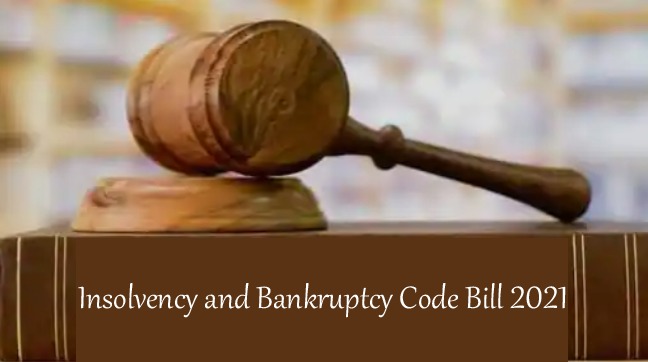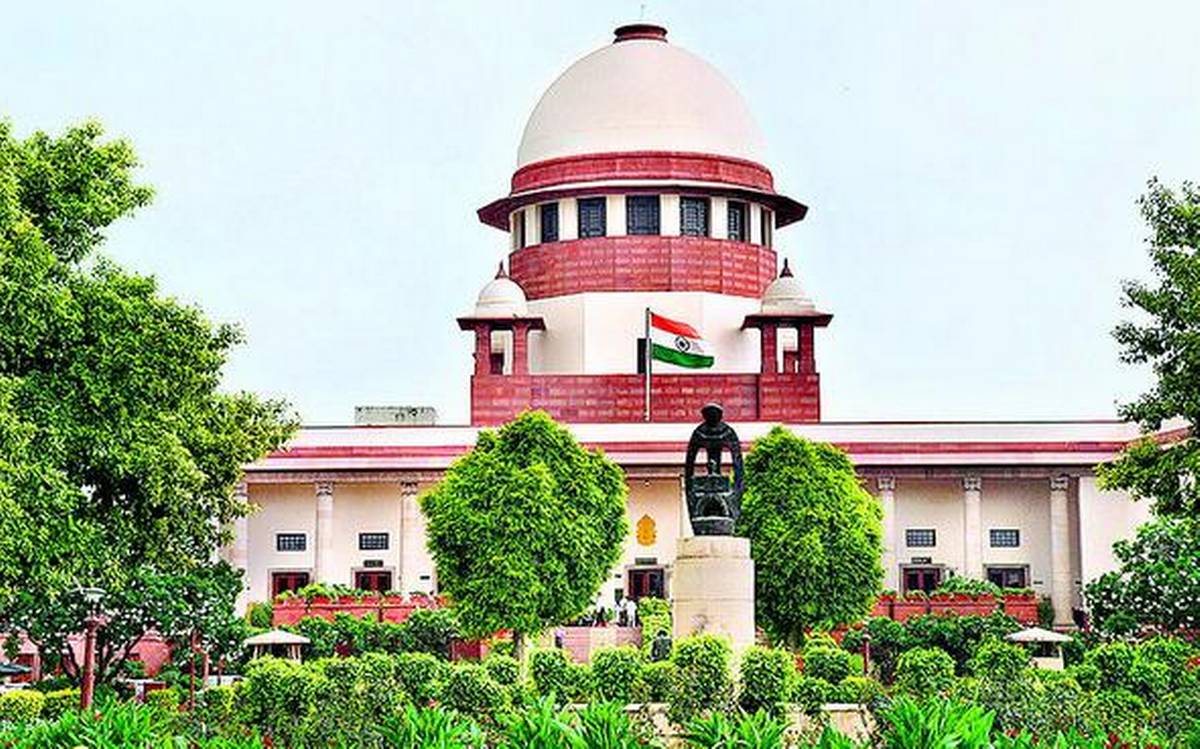
Black Diwali begins for personal guarantors under IBC, find how ?
The Supreme Court allowed banks to initiate insolvency proceedings against personal guarantors of loans taken by defaulter companies without giving them an opportunity to present their stand.
India's top promoters who are going to face music of new ruling, include, Anil Ambani, Venugopal Dhoot and Sanjay
Singhal.
In November 2019, the central government had tweaked the bankruptcy law to allow personal insolvency cases against guarantors of corporate entities that fail to honour their debt.
Promoters of high-debt companies often furnish personal guarantees on corporate loans.
Anil Ambani, for instance, has given guarantees of approximately ₹1,384 crore to lenders of his troubled companies.
Sanjay Singal & his wife Arti Singal jointly guaranteed about Rs 12,276 crore of loans to Bhushan Power & Steel Ltd.
Videocon's Venugopal Dhoot & other promoters have guaranteed loans worth ₹6,157 crore.
Unless the guarantors pay up, they will be declared undischarged insolvent and this can lead to quick recovery for banks.
The top court rejected the industrialists' pleas for some form of an adjudicatory process where the corporate debtor was also heard before the appointment of a resolution professional (RP) under Section 97 of the IBC.
The argument cannot be accepted as "reading an adjudicatory role in Section 97 will render Section 99 and Section 100 of the IBC otiose", the CJI said while orally pronouncing the judgment on a batch of about 200 similar petitions led by Surendra B Jiwrajka versus Omkara Assets Reconstruction.
True adjudication only begins at the stage of Section 100 (admission or rejection of application) of the IBC & the SC cannot "rewrite the statute," he said.
"The role under Section 99 which is ascribed to the RP is that of a facilitator who has to gather relevant information and recommend acceptance or rejection of application," the CJI observed.
It "leaves no manner of doubt that the resolution professional is not intended to perform an adjudicatory function or to arrive at binding decisions on facts and it is only a recommendation which has no binding force."
The industrialists had challenged the legal validity of Sections 95(1), 96(1), 97(5), 99(1), 99(2), 99(4), 99(5), 99(6) and 100 of the IBC.
The top court accepted the central government's stand that the IBC provisions imposing a stay on other legal proceedings against corporate debtors was for the benefit of the debtors.
The moratorium is primarily in respect of a debt as opposed to a debtor," it said. "Purpose of the moratorium under Section 96 is protective.
The moratorium was to insulate the corporate debtor from the legal action of the debt.
The Supreme Court had in October 2020 transferred all the personal insolvency cases from various high courts to itself and restrained them from entertaining fresh suits.
#IBC #SUPREMECOURT #PERSOALGUARANTORS #BANKRUPTCY #INSOLVENCY
Your free access to Supreme Law News has expired
For further details contact:
Dr. Ajay Kummar Pandey
( LLM, MBA, (UK), PhD, AIMA, AFAI, PHD Chamber, ICTC, PCI, FCC, DFC, PPL, MNP, BNI, ICJ (UK), WP, (UK), MLE, Harvard Square, London, CT, Blair Singer Institute, (USA), Dip. in International Crime, Leiden University, the Netherlands )
Advocate & Consultant Supreme Court of India, High Courts & Tribunals.
Delhi, Mumbai & Dubai
Tel: M- 91- 9818320572. Email: editor.kumar@gmail.com
Website:
www.supremelawnews.com
www.ajaykr.com, www.4Csupremelawint.com
Facebook: /4Clawfirm, /legalajay Linkedin: /ajaykumarpandey1 Twitter: /editorkumar / YouTube: c/4cSupremeLaw Insta: /editor.kumarg
Telegram Channel
Whatsup Channel











